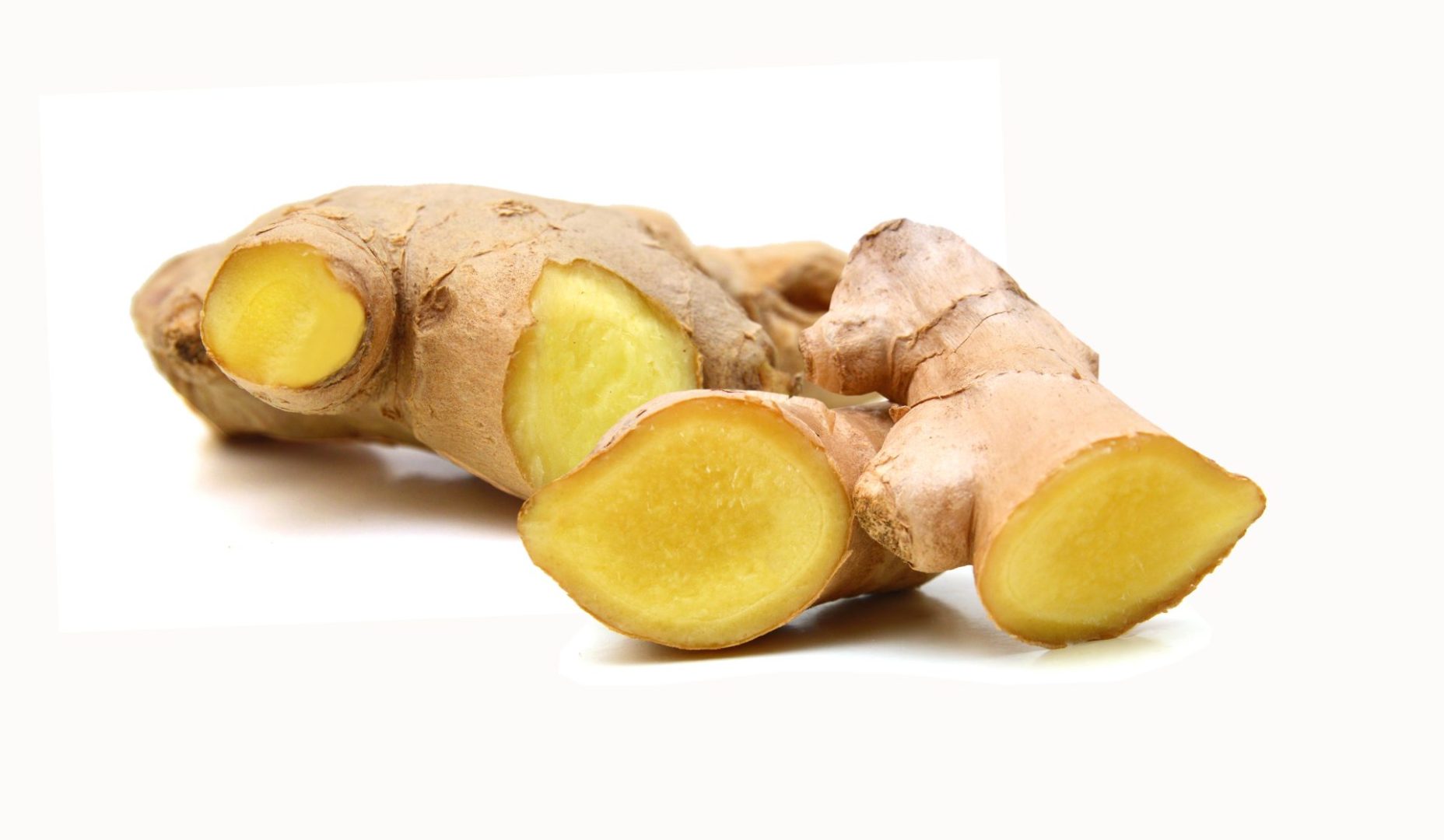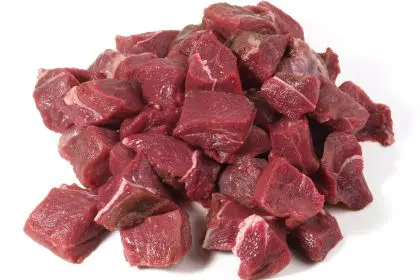Ginger has earned its reputation as a powerful natural remedy, celebrated for its ability to ease nausea, reduce inflammation, and add warmth to countless dishes. This golden root has been treasured for thousands of years, finding its way into traditional medicine practices around the world. However, like many potent natural substances, ginger isn’t universally safe for everyone.
While most people can enjoy ginger without concern, certain health conditions, medications, and life circumstances create situations where this seemingly innocent spice can pose serious risks. Understanding when to avoid ginger is crucial for maintaining optimal health and preventing potentially dangerous complications.
1. Before and after surgical procedures
Ginger’s blood-thinning properties make it particularly concerning for anyone preparing for surgery. The compounds responsible for ginger’s anti-inflammatory effects can interfere with blood clotting, potentially leading to excessive bleeding during and after surgical procedures.
Medical professionals typically recommend discontinuing ginger consumption at least two weeks before any scheduled surgery. This timeframe allows the body to clear ginger’s active compounds and restore normal blood clotting function. The same precaution applies to dental procedures, particularly extractions or oral surgeries where bleeding control is essential.
Even minor procedures like biopsies or injections may require temporary ginger avoidance. The risk isn’t limited to fresh ginger — supplements, teas, and even foods heavily spiced with ginger can affect blood clotting mechanisms.
2. When taking blood-thinning medications
Individuals prescribed anticoagulant medications face significant risks when combining these drugs with ginger. Warfarin, heparin, aspirin, and other blood thinners work to prevent dangerous clots, but adding ginger to the mix can create an additive effect that pushes blood thinning beyond safe levels.
This combination can result in spontaneous bleeding, including internal hemorrhaging that may not be immediately apparent. Even small injuries can become serious when blood cannot clot properly. Bruising may occur more easily and extensively, while cuts may continue bleeding for extended periods.
The interaction isn’t limited to prescription medications. Over-the-counter pain relievers like ibuprofen and naproxen also have blood-thinning properties that can be enhanced by ginger consumption. Anyone taking these medications regularly should carefully consider their ginger intake.
3. During pregnancy complications
While ginger is often recommended for morning sickness, certain pregnancy conditions make it inappropriate and potentially dangerous. Women with a history of miscarriage, bleeding disorders, or placental problems should avoid ginger entirely during pregnancy.
The spice’s ability to stimulate uterine contractions, while generally mild, can be problematic for women at risk of preterm labor. Additionally, ginger’s blood-thinning effects may exacerbate bleeding complications that can occur during pregnancy.
Gestational diabetes presents another concern, as ginger can affect blood sugar levels. Women managing this condition need careful monitoring of their glucose levels, and adding ginger to their routine can complicate this management.
4. With active gallbladder disease
Ginger’s ability to stimulate bile production makes it particularly dangerous for individuals with gallbladder conditions. Those with gallstones, acute cholecystitis, or blocked bile ducts should strictly avoid ginger consumption.
The increased bile production triggered by ginger can cause gallstones to shift, potentially blocking bile ducts and creating a medical emergency. This blockage can lead to severe pain, infection, and serious complications requiring immediate medical intervention.
Even individuals with a history of gallbladder problems who haven’t experienced recent symptoms should exercise caution with ginger. The stimulating effects on bile production can reactivate dormant conditions or trigger new episodes of gallbladder distress.
5. When experiencing severe acid reflux
Although ginger is sometimes used to treat mild digestive issues, it can worsen severe gastroesophageal reflux disease (GERD) and peptic ulcers. The spice’s warming properties can increase stomach acid production, intensifying the burning sensation and pain associated with these conditions.
Individuals with active stomach ulcers may find that ginger delays healing and increases irritation to the already damaged stomach lining. The anti-inflammatory properties that make ginger beneficial in other contexts can paradoxically worsen digestive inflammation in sensitive individuals.
Those with hiatal hernias or severe heartburn should also approach ginger with caution, as it may trigger or worsen episodes of acid reflux, particularly when consumed in large quantities or on an empty stomach.
6. Before blood pressure procedures
Ginger’s cardiovascular effects extend beyond blood thinning to include impacts on blood pressure regulation. While this can be beneficial for some individuals, it creates complications for those undergoing blood pressure monitoring or cardiovascular procedures.
The spice can mask symptoms of hypertension or interfere with accurate blood pressure readings during medical evaluations. This interference can lead to misdiagnosis or inappropriate treatment adjustments.
Individuals scheduled for cardiac catheterization, stress tests, or other cardiovascular procedures should discontinue ginger use several days beforehand to ensure accurate results and prevent complications during the procedure.
7. With certain autoimmune conditions
Ginger’s immune-modulating properties can be problematic for individuals with autoimmune disorders. While the spice generally supports immune function, it can potentially trigger flare-ups in conditions like rheumatoid arthritis, lupus, or multiple sclerosis.
The anti-inflammatory compounds in ginger may interact unpredictably with immunosuppressive medications used to treat these conditions. This interaction can either reduce the effectiveness of prescribed treatments or create unexpected immune system responses.
Individuals with autoimmune conditions should work closely with their healthcare providers to determine whether ginger consumption is appropriate for their specific situation and current treatment regimen.
Understanding ginger’s potent effects
The power of ginger lies in its complex array of bioactive compounds, including gingerols, shogaols, and zingerone. These substances give ginger its distinctive flavor and therapeutic properties, but they also make it a potent substance that can interact with various body systems.
Fresh ginger contains different concentrations of these compounds compared to dried ginger or ginger supplements. Processing methods, storage conditions, and preparation techniques all affect the potency and bioavailability of ginger’s active ingredients.
Understanding these variations helps explain why ginger’s effects can be unpredictable and why some individuals may experience adverse reactions even when consuming what seems like small amounts.
Making informed decisions about ginger use
The decision to include or avoid ginger should be based on individual health status, current medications, and specific medical conditions. What’s safe for one person may be dangerous for another, making personalized assessment crucial.
Keeping a detailed record of ginger consumption and any associated symptoms can help identify patterns and potential problems. This information becomes valuable when discussing dietary choices with healthcare providers.
Those who must avoid ginger can often find alternative natural remedies that provide similar benefits without the associated risks. Chamomile, peppermint, and fennel offer digestive support, while turmeric provides anti-inflammatory benefits with different risk profiles.
Regular health monitoring and open communication with healthcare providers remain the best strategies for safely incorporating or avoiding ginger based on individual circumstances and evolving health needs.

















